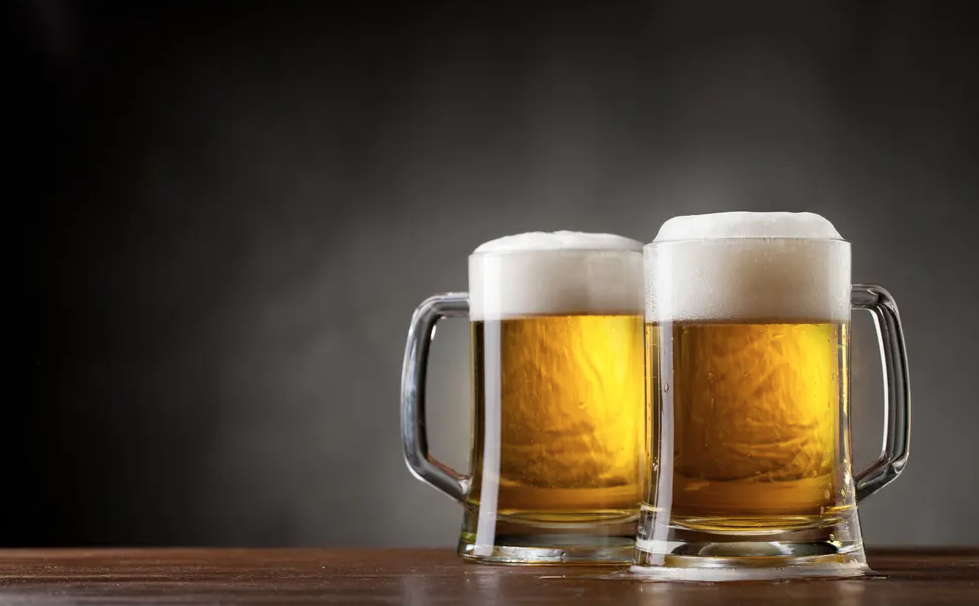Recycled wastewater goes through a three-step purification process that makes it “meets standards”
(sustainabilityenvironment.com) – The flavor, they swear, is perfectly equal to that of a beer “normal”. You wouldn’t say it’s made from recycled sewage from a San Francisco skyscraper. And yet, the stunt by Aaron Tartakovsky, head of the recycling company Epic Cleantec, was just that. A challenge to the limit between the taste of the horrid and circular economy, but it has succeeded in the intent to make talk about itself.
As he explained to the Agence France Press, the drink was produced to raise public awareness of the “untapped” potential of water sources that might seem unpleasant at first glance. Especially at a time when the American West is facing a chronic drought exacerbated by global warming. “Beer has united people since the dawn of human civilization,” Tartakovsky told AFP.
His company uses water recovered from the showers, sinks, and washing machines of a 40-story, 550-story apartment building in San Francisco. Epic Cleantec treats the building’s waste water in the basement and returns most of it to condominiums for use in toilet flushing or irrigation systems. California law prohibits redirecting treated water to taps.
A purification in three phases
But once filtered, the water passes from a cloudy and dense gray to a more liquid state and a crystalline color, which according to Tartakovsky “meets or exceeds federal standards on the quality of drinking“. To prove it, he collaborated with Devil’s Kanyon Brewery, to create Epic OneWater Brew, a drink inspired by Kolsch beers. Traditionally produced in Cologne and the surrounding region, they belong to the galaxy of high-fermentation German beers. The brewery has already produced over 7,000 cans.
The purification of recycled wastewater takes place in three phases: first, bacteria target contaminants in the liquid. Subsequently, the water is filtered through membranes measuring just a thousandth of the diameter of a human hair. Finally, the liquid goes through a process of disinfection with ultraviolet light and chlorine. The problem is that, although identical to “normal” beers, experimental cans can not be sold. California law is very clear. So, for now, the prototypes made have been distributed for free during the events of “Climate Week” in New York. Waiting for – who knows – even the local authorities to uncork one and find it unsuspectably good.

